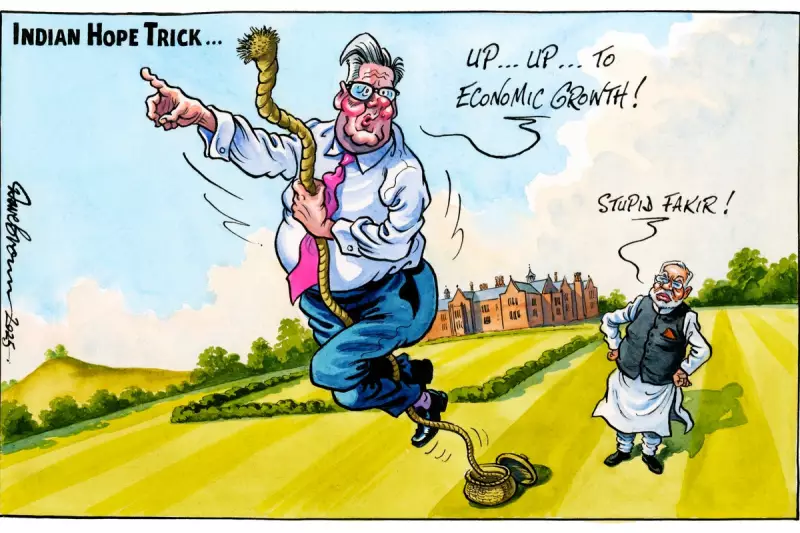
Thousands of junior doctors in England have walked out in what is set to be the longest strike in NHS history, plunging hospitals into chaos and forcing the cancellation of vital operations. The six-day walkout, which began on Wednesday, marks an escalation in the bitter pay dispute between the British Medical Association (BMA) and the government.
Why Are Junior Doctors Striking?
The BMA argues that junior doctors have suffered a 26% real-terms pay cut since 2008 due to inflation, leaving many struggling with the cost of living. The union is demanding full pay restoration, while the government insists its 8.8% pay rise offer is fair and final.
Impact on NHS Services
NHS England has warned that this unprecedented strike action will cause:
- Cancellation of over 100,000 operations and appointments
- Emergency care prioritised, with longer wait times
- Senior consultants covering junior doctor shifts at triple the cost
Patient Safety Concerns
Health leaders have expressed grave concerns about patient safety during what is traditionally the NHS's busiest winter period. Professor Stephen Powis, NHS England's national medical director, stated: "This strike comes at one of our most challenging times, with flu and COVID cases rising rapidly."
Political Standoff Continues
Health Secretary Victoria Atkins accused the BMA of "walking away from negotiations", while junior doctors argue the government has failed to make a credible offer. With both sides entrenched, patients face growing uncertainty about when normal NHS services might resume.





